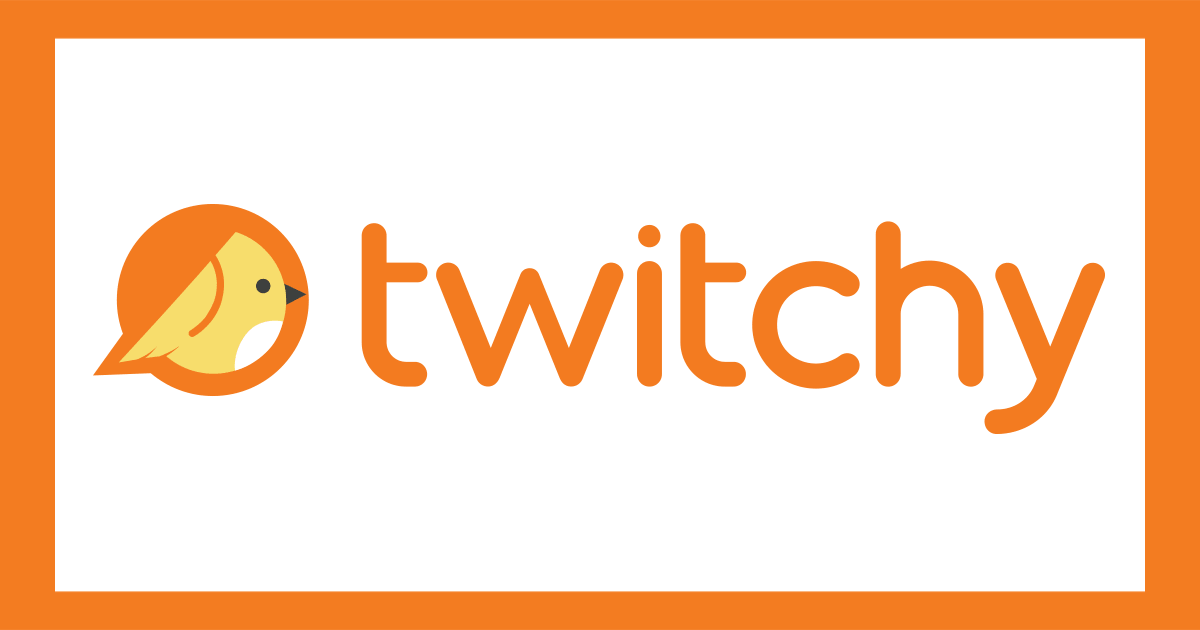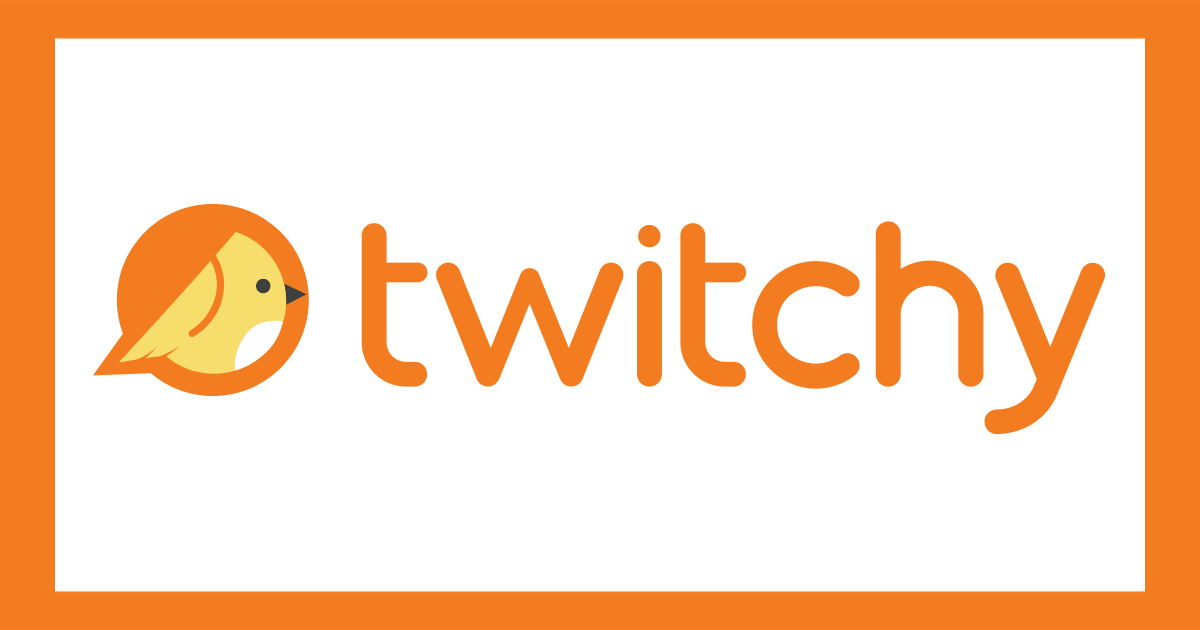Here’s the thing. . .
*We* know that the Washington Post’s Taylor Lorenz is being sarcastic or whatever with this fake PSA linking to an old meme claiming that you can post a notice on Twitter stating, “I do NOT give Twitter Elon Musk, or any entities associates permission to use my pictures, information, messages or posts, both past and future” and that this will prevent the evil billionaire from using your private information, but NOT EVERYONE DOES KNOW THIS.
In other words, this is the willful spreading of disinformation from a Washington Post reporter just for giggles:
PSA pic.twitter.com/K9W5Emp3eQ
— Taylor Lorenz (@TaylorLorenz) April 25, 2022
Um, yes, it DOES get old:
Ty @Knibbs this meme never gets old
— Taylor Lorenz (@TaylorLorenz) April 25, 2022
Her excuse? “I’m sorry, I’m weak”:
I’m sorry, I’m weak https://t.co/lZbXkrPQ6M
— Taylor Lorenz (@TaylorLorenz) April 25, 2022
It’s actually not so hard to believe it went viral as people are VERY concerned about how their data is being used:
Hard to believe this first went viral 10 years ago https://t.co/lok7BqrEf6 pic.twitter.com/IuM2o0hqqg
— Taylor Lorenz (@TaylorLorenz) April 25, 2022
Poe’s Law is, “an adage of Internet culture stating that, without a clear indicator of the author’s intent, every parody of extreme views can be mistaken by some readers for a sincere expression of the views being parodied,” and it’s pretty clear from the quote tweets and replies that many, many people think Lorenz is being serious:
Decent example of Poe's Law in the QTs. It never fails https://t.co/tYrM4B0Y88
— Andrew Dyer (@andrewpdyer) April 26, 2022
Even some blue-checks have been fooled:
Recommended
PSA: This has no legal force whatsoever. https://t.co/zA5tkFmAf9
— Eriq Gardner (@eriqgardner) April 25, 2022
And:
https://twitter.com/GazTheJourno/status/1518876210809372673
Over to you, Washington Post: You okay with this?
Screenshot for posterity:
***
Related:

























Join the conversation as a VIP Member